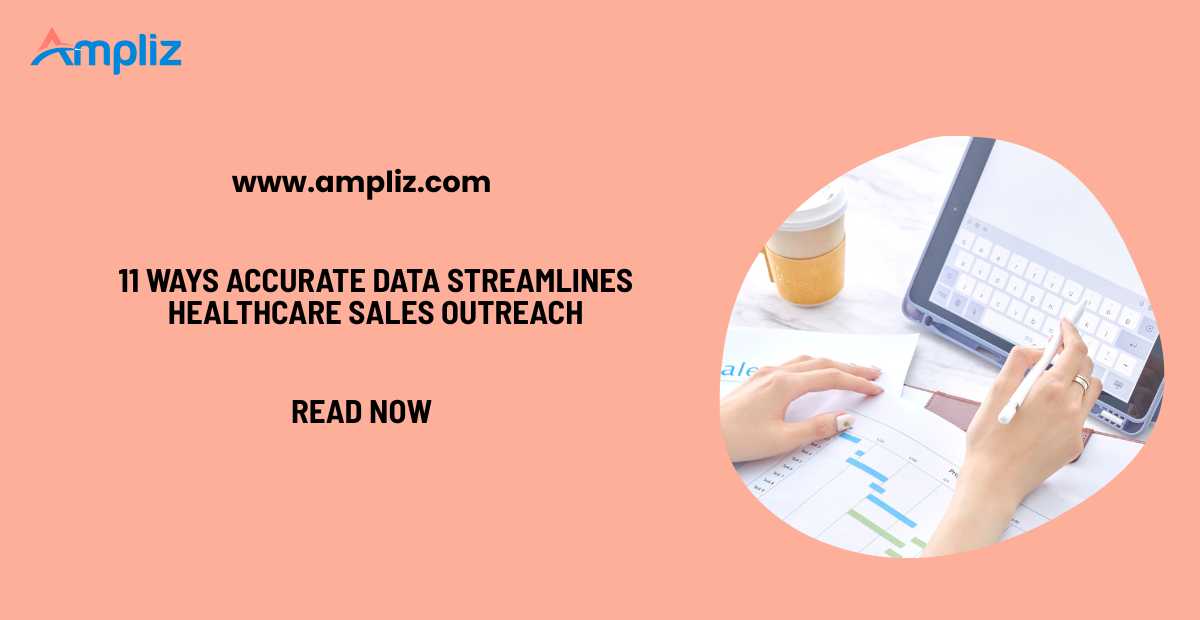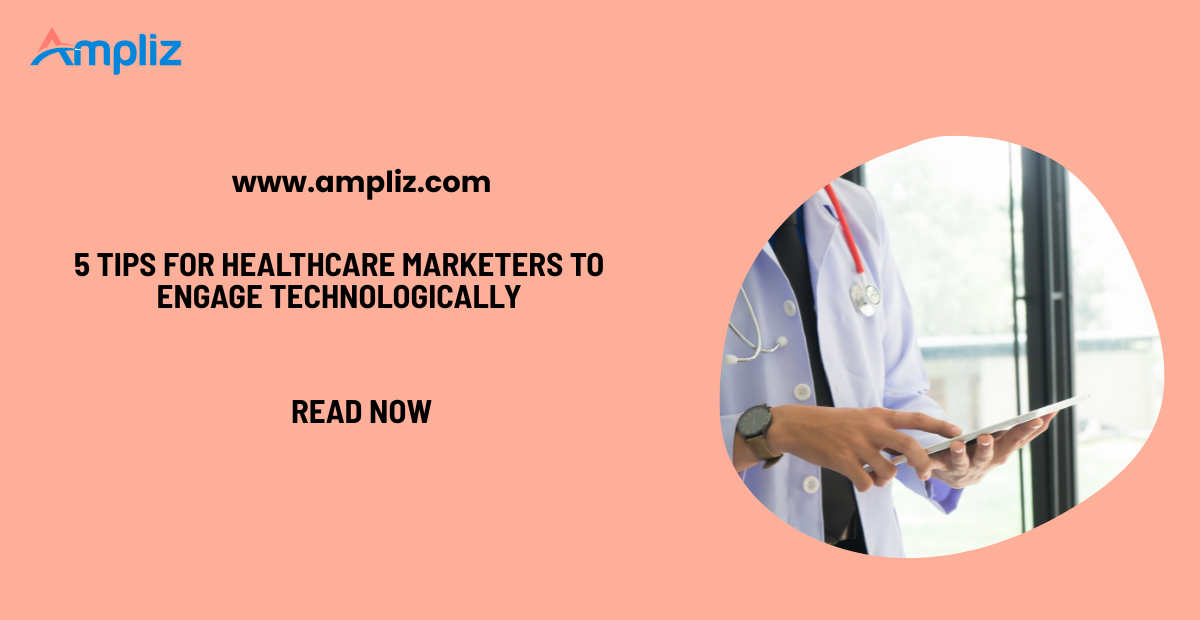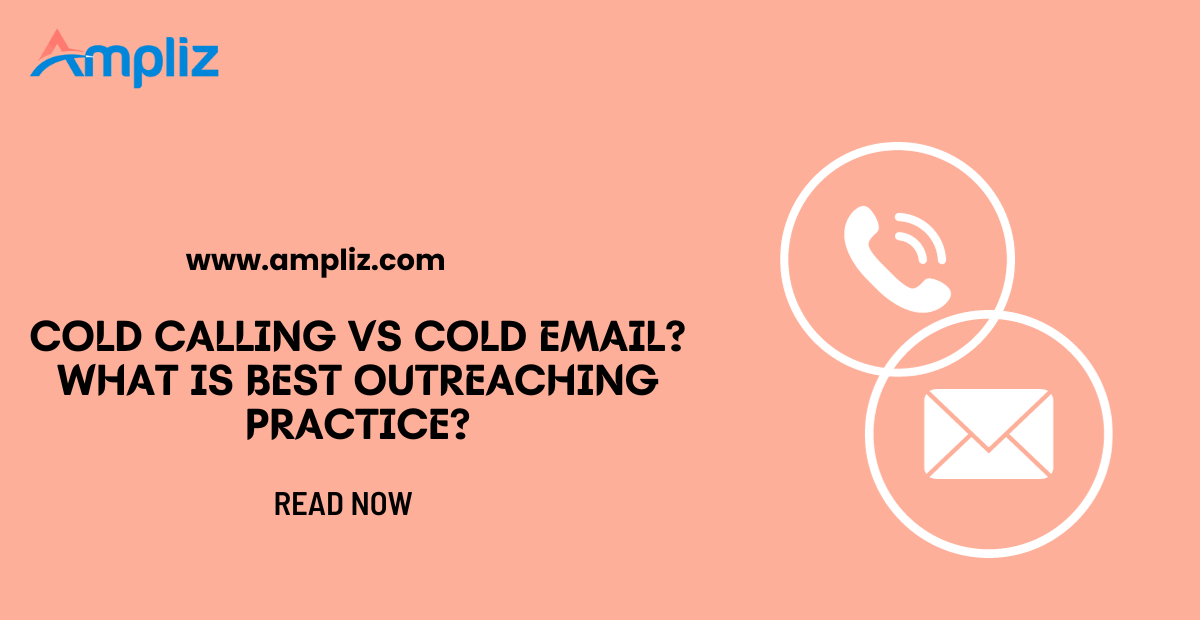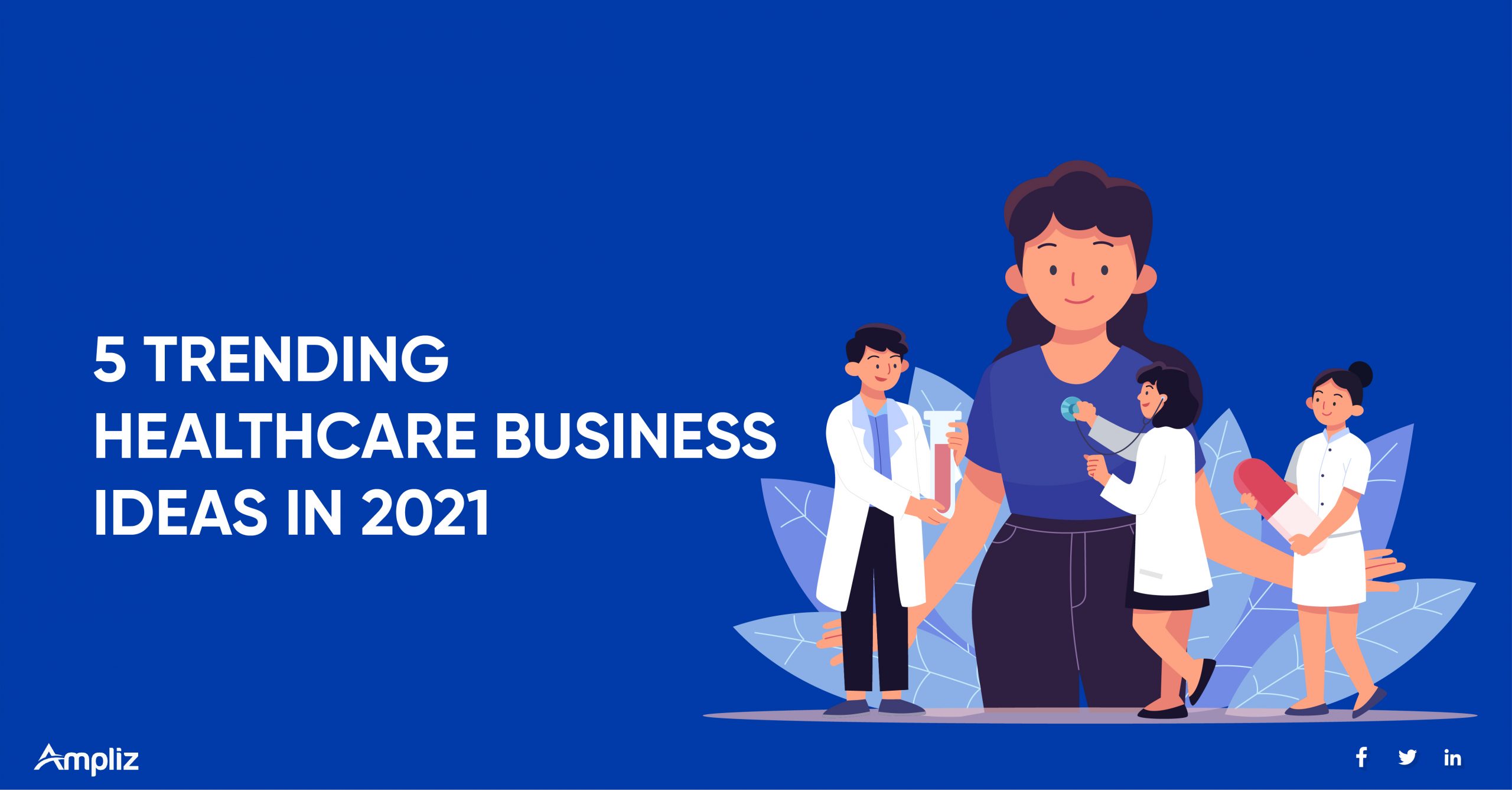11 Ways Accurate Data Streamlines Healthcare Sales Outreach

11 Ways Accurate Data Streamlines Healthcare Sales Outreach
In healthcare sales, precision is everything. Accurate data transforms outreach by eliminating guesswork and driving targeted efforts.
Discover how leveraging reliable insights creates smarter connections, stronger engagement, and greater results in this competitive landscape.
1. Leveraging Accurate Data Leads to Understanding Key Decision Makers
Identifying the right decision-makers in healthcare organizations is often challenging. Complex hierarchies and overlapping responsibilities can make it difficult to determine who holds purchasing authority.
With accurate data, sales teams can cut through this complexity, focusing on individuals who influence buying decisions.
Key advantages of leveraging accurate data include:
- Pinpointing key stakeholders with access to verified organizational charts.
- Avoiding wasted efforts by filtering out non-decision-makers early on.
- Building connections with the right people using personalized approaches.
By clearly understanding who drives decisions, sales teams ensure their outreach aligns with those most capable of making impactful choices for their organization.
2. By Using Reliable Information, Trust Can Be Built with Personalized Outreach
Personalization is essential in healthcare sales. Generic outreach fails to resonate with decision-makers who expect tailored solutions for their unique challenges.
Reliable data allows teams to create messages that address specific pain points and offer relevant solutions.
With accurate information, you can:
- Reference the prospect’s recent achievements or organizational goals authentically.
- Highlight how your offerings align with their needs based on industry trends.
- Avoid generic pitches by showcasing an understanding of their business landscape.
Trust grows when prospects feel understood and valued, making them more likely to engage meaningfully rather than dismiss outreach as impersonal or irrelevant.
3. Verified Data Insights Enable Effective Healthcare Market Segmentation
Healthcare markets are vast and diverse. Without proper segmentation, outreach efforts often miss the mark by targeting too broad an audience.
Verified data insights help break down these markets into specific segments based on factors like specialty, geography, or organizational size.
By segmenting with accurate data, you can:
- Identify niches where your solutions offer the most value.
- Tailor messaging to address the unique needs of each segment.
- Allocate resources efficiently by focusing on high-potential areas.
Targeted segments create opportunities for deeper connections with prospects, increasing engagement and ensuring sales teams focus on accounts that truly matter for their success.
4. Updated Records Allow Efficient Prospect Prioritization in Sales Efforts
Not all prospects are equal when it comes to their likelihood of converting. Outdated or incomplete records often lead to wasted time pursuing leads that have little potential.
Updated data allows healthcare sales teams to prioritize the most promising prospects, optimizing their outreach efforts.
Benefits of prioritizing with updated records include:
- Quickly identifying leads that match your ideal customer profile.
- Avoiding duplication by filtering out already-contacted or unqualified prospects.
- Allocating resources where they can generate the highest returns.
With current information at hand, sales teams can work smarter instead of harder, focusing on accounts ready for meaningful engagement and conversion opportunities.
5. Utilizing Accurate Demographics Improves Messaging Strategies for Outreach
Using accurate demographic data ensures sales teams craft communication that speaks directly to the recipient’s needs and priorities.
With demographic precision, you can:
- Customize content based on job titles or areas of expertise.
- Address pain points unique to different departments or regions.
- Create more relatable campaigns by understanding audience characteristics.
When outreach feels relevant and personalized, it stands out in a crowded inbox. Tailored messages make recipients feel valued, increasing the likelihood of engagement and paving the way for productive conversations.
6. Real-Time Analytics Integration Boosts Campaign Success Rates in Healthcare Sales
Static data quickly becomes irrelevant in a fast-paced industry like healthcare. Integrating real-time analytics ensures that sales campaigns are informed by the latest trends and behaviors, keeping strategies fresh and responsive to market changes.
With real-time analytics, teams can:
- Adjust outreach efforts based on evolving prospect interactions.
- Identify opportunities for follow-ups triggered by recent activities.
- Track campaign performance metrics to refine messaging in real time.
Staying current with live insights allows sales teams to act at the right moment, increasing campaign relevance and engagement rates while staying ahead of competitors relying on outdated information.
Also, by incorporating reliable call metrics for sales, teams gain deeper visibility into performance patterns to optimize outreach effectively.
7. Precise Lead Intelligence Removes Guesswork from Follow-Up Timing
Timing is critical in sales. Reaching out too soon can seem pushy, while waiting too long risks losing the lead’s interest.
With precise lead intelligence, sales teams gain insights into when prospects are most likely to respond positively.
By using accurate timing data, you can:
- Schedule follow-ups aligned with a prospect’s activity patterns or engagement history.
- Avoid over-contacting leads by identifying their current stage in the decision process.
- Optimize outreach during peak times for decision-making within healthcare organizations.
When follow-ups feel intentional rather than random, they build trust and maintain momentum toward closing deals efficiently and effectively.
8. Accurate Data Ensures Better Targeting of Key Healthcare Accounts
Targeting the right healthcare accounts requires precision. Without accurate data, sales teams often waste time chasing leads that won’t convert or pursuing accounts outside their target audience.
Reliable information ensures efforts are focused on prospects with the highest potential for success.
Accurate targeting provides several benefits:
- Maximized use of sales resources by prioritizing qualified leads.
- Improved engagement rates with tailored messaging for key stakeholders.
- Increased likelihood of conversion due to personalized outreach strategies.
Just like understanding the total cost of becoming a CPA helps future accountants plan effectively, knowing where to invest time and effort in healthcare sales is crucial for meaningful outcomes.
9. By Identifying Patterns, Data Reveals Opportunities for Upselling and Cross-Selling
Sales opportunities don’t end at the initial deal. Upselling and cross-selling to existing clients can be just as impactful as acquiring new ones.
Accurate data helps identify patterns in client behavior that point to these additional opportunities.
By analyzing client data, you can:
- Detect gaps where complementary products or services might add value.
- Recognize trends that indicate readiness for upgraded solutions.
- Anticipate future needs based on purchasing history or industry changes.
Data-driven insights make upselling and cross-selling feel helpful rather than pushy, allowing sales teams to deepen relationships while increasing revenue without starting from scratch with new prospects.
10. Comprehensive Insights Simplify Complex Healthcare Buying Processes
Healthcare buying decisions often involve multiple stakeholders, strict regulations, and lengthy approval processes. These complexities can slow down sales efforts without a clear understanding of the system.
Comprehensive data insights streamline these challenges by providing a roadmap for navigating the process.
With in-depth insights, you can:
- Map out decision-making hierarchies within target organizations.
- Identify potential bottlenecks in procurement workflows.
- Adapt strategies to align with regulatory requirements or approval timelines.
When sales teams have clarity on how healthcare organizations operate, they can anticipate hurdles and guide prospects through purchasing decisions more effectively, saving time and increasing success rates.
11. Up-to-Date Records Drive Meaningful Engagement with Prospects
Outdated contact information or irrelevant details can make outreach feel impersonal and disconnected. Up-to-date records ensure that every interaction is meaningful, fostering stronger relationships with prospects in the healthcare industry.
With current records, sales teams can:
- Reach the right contacts using verified communication channels.
- Personalize conversations by referencing recent organizational updates.
- Avoid missteps caused by relying on inaccurate or obsolete data.
Engaging with accurate, timely information allows for more authentic and impactful interactions. Prospects are more likely to respond positively when they feel understood and valued as part of a focused outreach strategy.
Conclusion
Accurate data transforms healthcare sales outreach by ensuring precision, personalization, and efficiency.
Embrace reliable insights to build stronger connections, maximize opportunities, and achieve meaningful results in a competitive industry.
Tags
Get In Touch
All Categories
- Assisted Living Facilities
- B2B
- B2B Companies List
- B2B Marketing
- Canada Physicians Data
- Chiropractors
- Datacaptive Alternative
- Dental Marketing
- Digital Marketing
- Email Marketing
- Guest Post
- Healthcare Email Lists
- Healthcare Insights
- Healthcare Marketing
- Healthcare Marketing, Sales and Trends
- Healthcare Startups
- Hospitals
- How To
- Locum Tenens Physicians and Nurses
- Long term Care
- lusha
- Marketing tools
- Medical Device
- Nursing Home
- Pharma
- Pharmaceutical companies
- Physician Groups By Speciality
- Physician Groups By State
- Physicians Database
- Psychiatrist Email List
- Recruitments Blogs
- Uncategorized
- US Healthcare Data
- US Hospitals
- US Physician Groups
- Zoominfo
Get Data Pricing
Request a quote for specialized healthcare and B2B datasets that actually convert.









